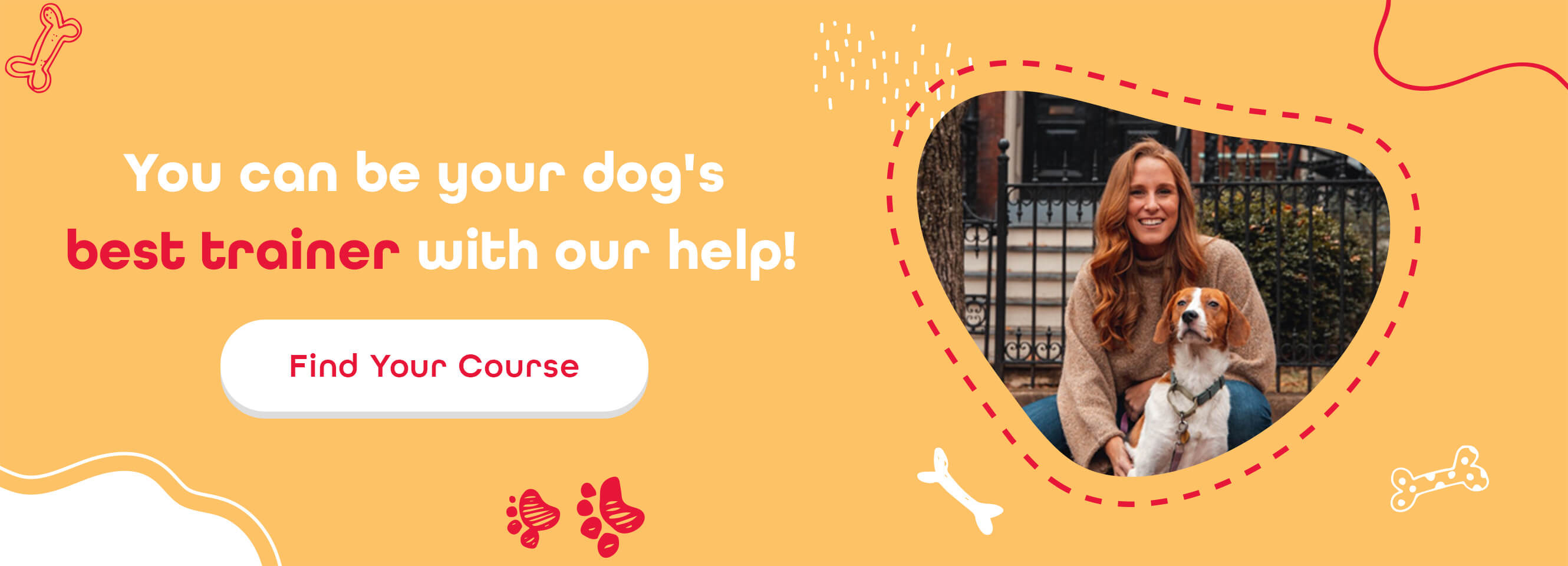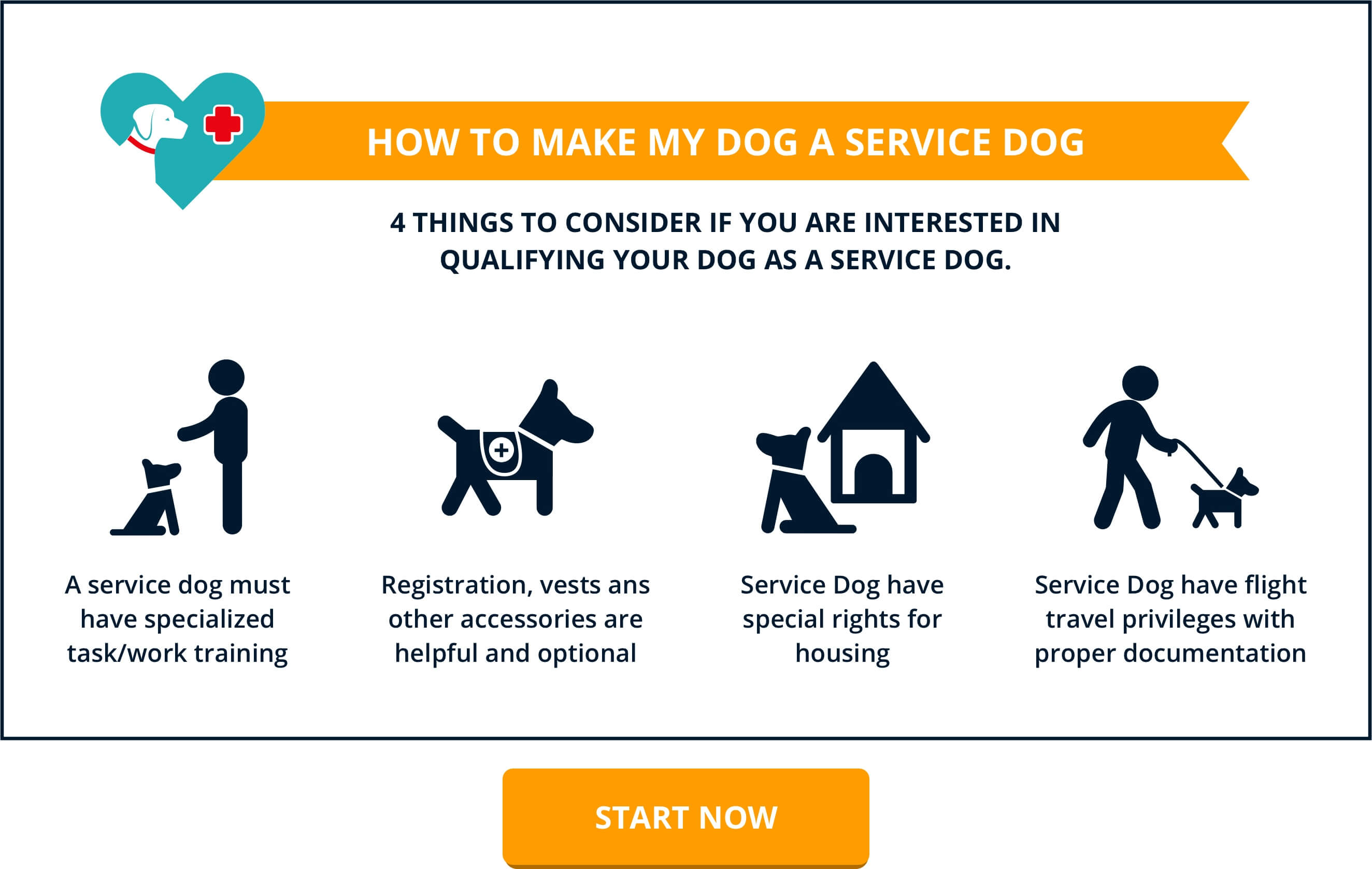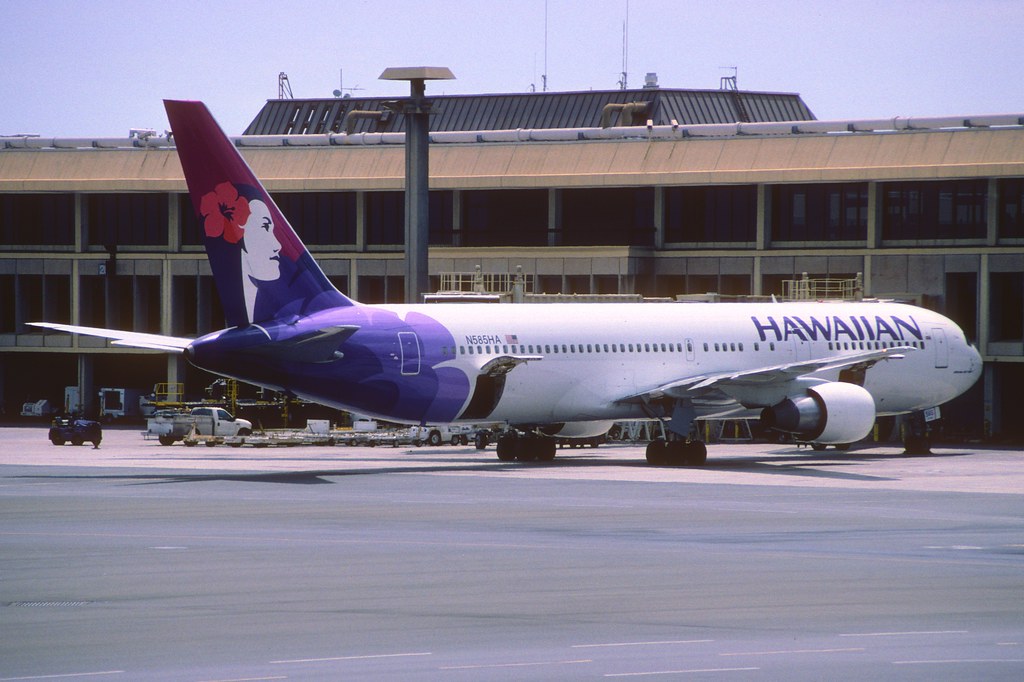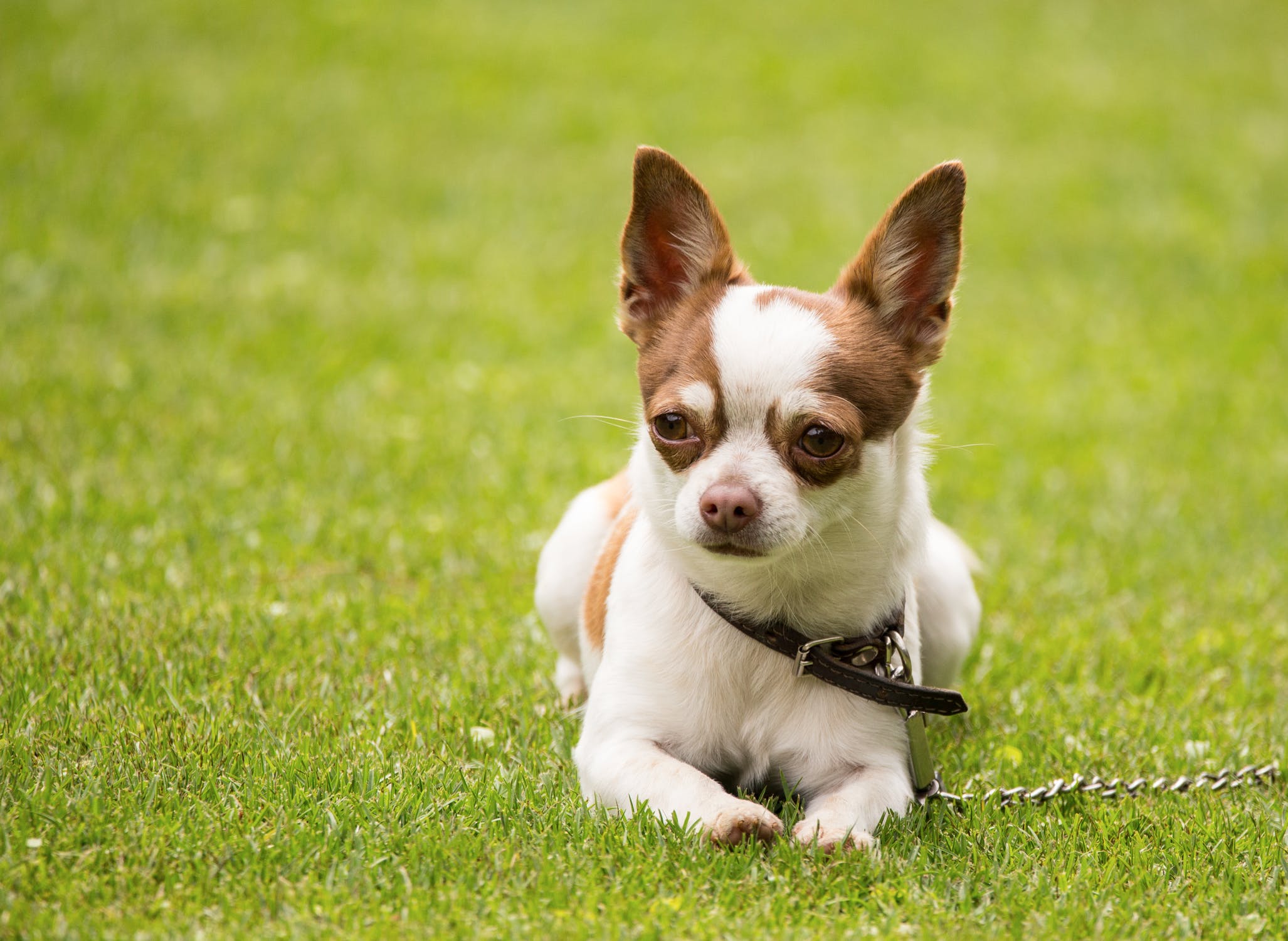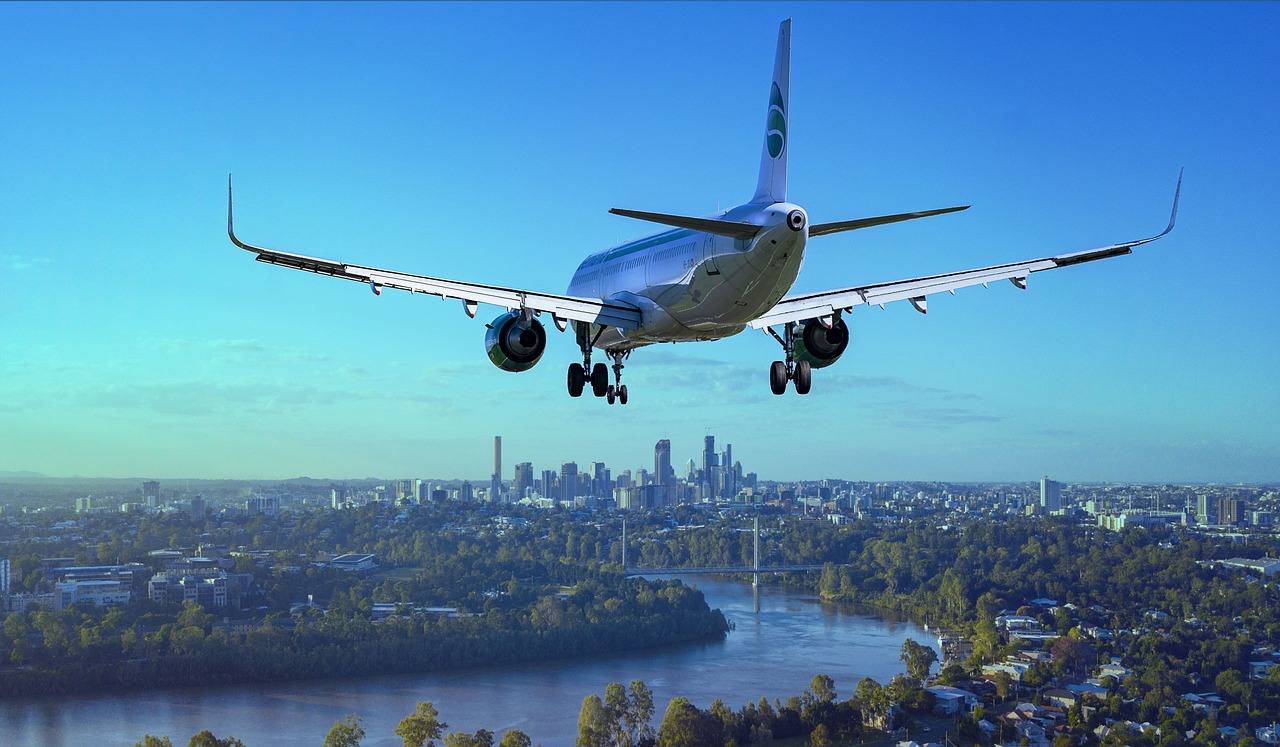
When we talk about owner-trained service dogs it is important to note that they are not yet recognized by many governments. Owner-trained service dogs are not too different from service dogs trained in a professional/established dog training school. We want to start this article by clearing up a few things in advance.
Service dogs who are trained by their owners are usually used by owners who have a disability. Sometimes these dogs are employed in the service of a family member. We want to stress that owner-trained service dogs are trained to help a person cope with mental and/or physical disability. The dog is usually trained at home and in the local area where the service dog user/owner lives. Owner-trained service dogs are rare sometimes trained with the help of a local dog trainer, many people choose to use freely available study materials online and many others decide to use a certified online dog training course.
AirCanada and Self/Owner-Trained Service Dogs
Unfortunately, Air Canada does not welcome owner-trained service dogs. Canadians who use self-trained service dogs and have papers issued by their provincial government that guarantee them public access rights might be accepted onboard the aircraft operated by Air Canada but that is not guaranteed. The airline has been known to handle the cases of passengers with self-trained service dogs on a case-by-case basis for quite some time. Until the federal laws in Canada become more unified in the context of service dogs, air travel with an owner-trained service dog is likely to include a frustrating negotiation with Air Canada. We recommend using other Canadian airlines like Air Transat and WestJet when possible.
Also, you may want to opt for US-airlines, when these are an option, as they are generally much more tolerant and welcoming of owner-trained service dogs. If you want to train your pet dog to become a service dog, and you are based in Ontario, British Columbia, or Alberta, there are ways for your owner-trained service dog to receive official papers from your local government and obtain public access rights. Please continue reading below.
What Animals Are Considered “Service Dogs” in Canada
If you are a Canadian citizen, you may already be aware of the subtle difference in legislation across provinces. While most laws are unified across the ten provinces and three territories, there are important differences when it comes to service dogs. The Canadian Federal Government has a single unifying law for service dogs called “Accessible Transportation for Persons with Disabilities Regulations,” which you can read in full on this page. The law describes service dogs as:
“service dog means a dog that has been individually trained by an organization or person specializing in service dog training to perform a task to assist a person with a disability with a need related to their disability. (chien d’assistance)”
The paragraph above suggests that all legitimate service dogs are expected to be trained by professional dog trainers. However, that is not everything you need to know because provinces like Alberta and British Columbia have made it possible for owner-trained service dogs to receive public access rights after passing a test. This effectively makes self-trained service dogs equal in the eyes of the law. In addition, owner-trained service dogs are accepted in the province of Ontario.
Self/Owner-Trained Service Dogs in Ontario, British Columbia, and Alberta
Ontario has a law called "Policy on ableism and discrimination based on disability" that specifically states that self-trained service dogs are allowed and no service provider that is open to the public can deny service to a service dog team. You can see that in article 191, section 8 "Duty to Accommodate":
“[191] People with disabilities who use service animals to assist them with disability-related needs (such as anxiety) are also protected under the definition of “disability” in section 10 of the Code. Service animals do not have to be trained or certified by a recognized disability-related organization. However, where it is not immediately obvious that the animal is performing a disability-related service, a person must be able to show evidence (such as a letter from a doctor or other qualified medical professional) that they have a disability and that the animal assists with their disability-related needs. Service providers and others who receive such documentation should not use their own assumptions and observations to second-guess this verification.”
Please, note that people who use a guide dog in Ontario can apply for a guide dog ID card with the Ministry of the Attorney General. Unfortunately, the Accessibility for Ontarians with Disabilities Act (AODA) does not refer to people who use service dogs who are not guide service dogs. Under the Ontario Human Rights Code and the AODA, service animals do not need to have certificates or identity cards. Obtaining an identification card from the Ontario Ministry of the Attorney General is entirely optional. You can read more on this page.
As mentioned above, the provinces of Alberta and British Columbia employ a test that can be taken by owner-trained service dogs and their handlers. Passing the test will grant full public access rights to the team and you will be provided with papers by the provincial government. If you want to know more about the Alberta Service Dog Qualification Assessment please visit the Alberta SD Website. If you want to know more about the service dog assessment process in British Columbia please visit the BC SD Webpage and look for the part where it says “Self-trained teams and teams trained by non-accredited schools: New Application – Documentation”.
If you are wondering why we have not included information on the rest of the provinces that is because they do not have references to owner-trained service dogs and in some cases, they do not have any laws for service dogs. You can find out more about the service dog laws in other provinces of Canada by reading our article here.

